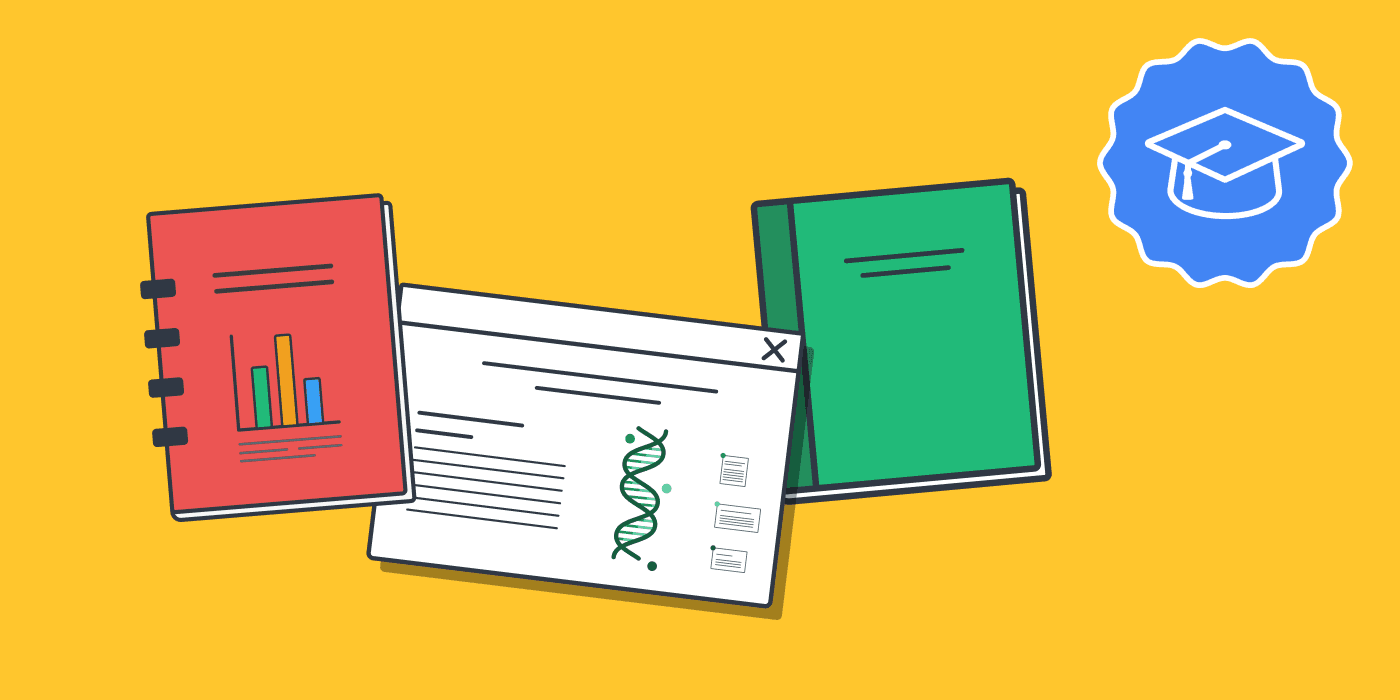Achieve Your Educational Goals with Docentra Trusted Educational Solutions
Achieve Your Educational Goals with Docentra Trusted Educational Solutions
Blog Article
Where to Find High-grade Academic Resources for Your Research Study
Determining high-grade academic resources is crucial for strenuous research, yet browsing the large landscape of readily available materials can be intimidating. In addition, on-line academic databases like JSTOR and PubMed aggregate scholarly posts, while open accessibility journals supply even more inclusive access to study searchings for. Recognizing how to take advantage of these sources successfully might significantly affect your research study outcomes.
University Libraries

Beyond physical collections, college libraries typically use specialized research study help, including appointments with curators who possess subject competence (Docentra). This assistance can dramatically enhance the effectiveness and effectiveness of the research procedure, allowing customers to navigate intricate details landscapes with better ease
Additionally, many libraries offer access to rare and archival products, which can be indispensable for innovative research tasks. Such one-of-a-kind sources frequently consist of main papers, manuscripts, and historic collections that are not readily offered in other places.
In addition, college collections frequently organize workshops and workshops focused on enhancing info literacy abilities. These efforts equip trainees and faculty to critically examine resources, an essential ability in today's information-rich atmosphere. On the whole, college collections not just function as repositories of expertise but also work as vibrant hubs that cultivate academic development and technology.
Online Academic Data Sources
In the world of academic research, on the internet scholastic databases play a critical role in offering students and scholars with prompt accessibility to a wide range of academic articles, journals, and various other vital sources. These electronic repositories function as centralized systems where users can effectively look for peer-reviewed literature across different disciplines.
Popular data sources such as JSTOR, PubMed, and Scopus host considerable collections that cover a wide variety of subjects, from the humanities to the scientific researches. Docentra. By employing advanced search performances, scientists can improve their questions, filter results by magazine day, and access citation tools, thus boosting the research process's efficiency and accuracy
Furthermore, several databases use attributes like informs for new publications and the ability to conserve and organize articles, further improving the study experience. Subscriptions to these databases are usually provided via academic establishments, granting pupils and professor unlimited access to costs web content.
Open Access Journals
Increasingly, scientists are turning to open up accessibility journals as a corresponding source to traditional academic databases. These journals supply a useful system for sharing research findings without the financial barriers usually connected with subscription-based magazines. Open access versions permit free on the internet access to scholarly short articles, ensuring that research is easily accessible to a wider audience, consisting of experts, read the article policymakers, and the public.
The high quality of open access journals has considerably improved, with lots of sticking to rigorous peer-review procedures and web being indexed in credible data sources. This change has cultivated higher transparency and cooperation in the academic area, as scientists can share their job quicker and obtain responses from varied viewpoints.
Additionally, the proliferation of open gain access to journals straightens with the worldwide activity towards open scientific research, advertising the idea that publicly funded study need to be freely available to all. Researchers seeking premium academic sources must take into consideration trusted open gain access to journals, such as those noted in the Directory of Open Accessibility Journals (DOAJ) or those released by recognized scholastic societies. By integrating open gain access to journals right into their research study methods, scholars can enhance the visibility and effect of their job.
ResearchGate and Academia.edu
ResearchGate and Academia.edu have become critical systems for scholastic networking and understanding sharing, with countless researchers leveraging these websites to disseminate their job and connect with peers. Both platforms enable customers to produce accounts that showcase their magazines, study passions, and academic achievements, assisting in higher exposure within the scholarly community.
ResearchGate, started in 2008, focuses on promoting cooperation among scientists with attributes such as research collaboration tools, task sharing, and question-and-answer online forums. Users can submit their documents, involve in conversations, and follow the job of others, enhancing the collective potential of their research. The platform likewise offers metrics on paper presence and downloads, allowing researchers to determine the impact of their work.
Academia.edu, introduced in 2008 as well, runs similarly but emphasizes the sharing of scholastic documents. Customers can comply with certain research study subjects and receive updates on brand-new publications within their locations of passion. Additionally, Academia.edu uses analytics on visitor engagement, aiding scientists understand their audience much better.
Both systems act as beneficial sources for accessing top quality academic material and fostering links that can bring about impactful cooperations.
Google Scholar and Beyond
Academic networking platforms like ResearchGate and Academia.edu play a considerable duty in distributing study, however Google Scholar uses a various measurement by functioning as a thorough online search engine for academic literature. It indexes a huge range of resources, including peer-reviewed articles, theses, books, meeting procedures, and licenses, making it an invaluable device for scientists across self-controls.
Google Scholar supplies many functions that enhance study performance. The citation monitoring function enables customers to see just how usually a paper has been mentioned, giving understandings right into its impact within the scholastic area. Additionally, the "relevant articles" attribute try these out helps scientists find comparable research studies, facilitating a more complete exploration of a topic.

Verdict
In final thought, accessing high-quality academic resources is necessary for strenuous study. University libraries offer considerable collections and experienced assistance, while on-line scholastic data sources such as JSTOR and PubMed centralize scholarly articles. Utilizing these resources collectively can significantly boost the quality and depth of academic research study.
Report this page